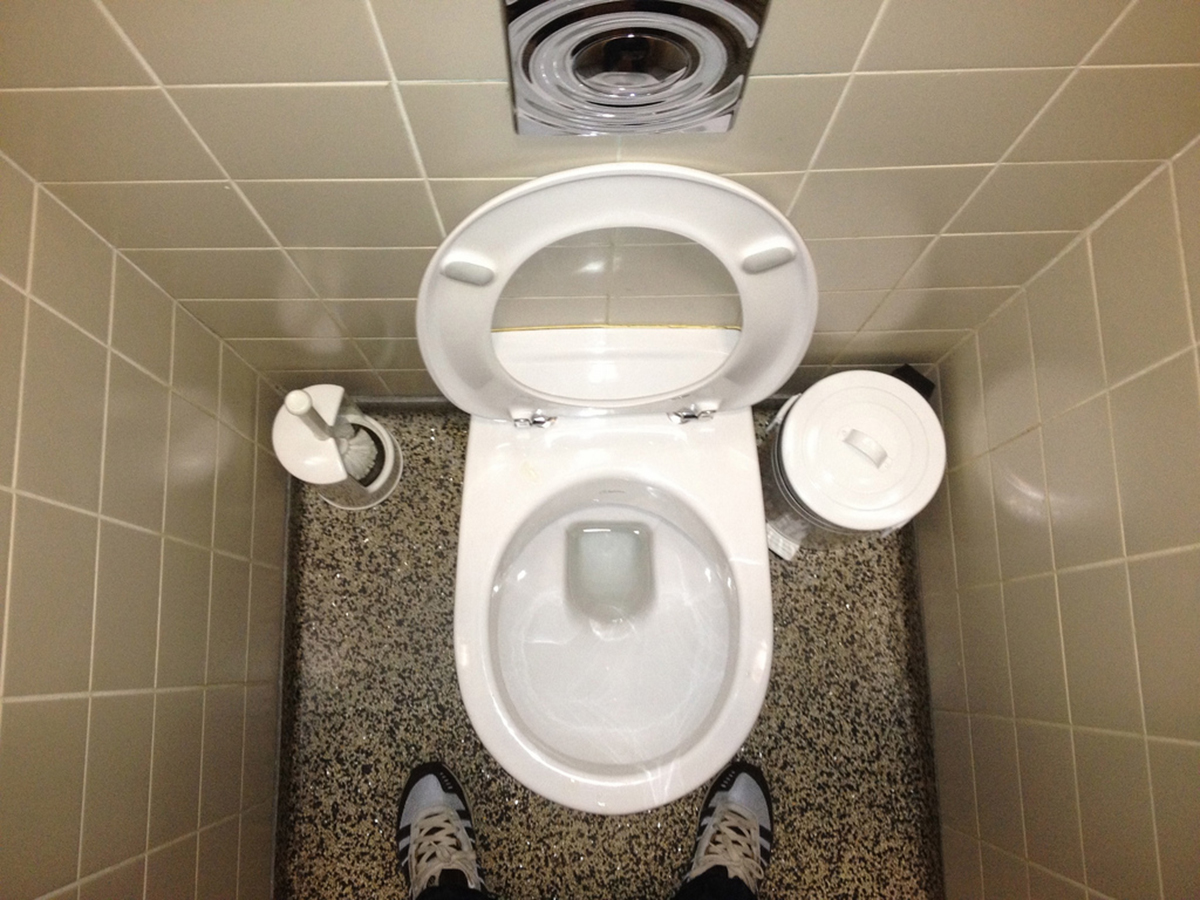Table of Contents
Constipation is one of the most prevalent conditions in primary care settings and it can cause numerous health-related issues that can have a detrimental impact on one's health. It is already well documented that constipation increases an individual's risk of developing cardiovascular diseases and this is most probably due to effects caused by the bacteria in the gut.
Very little is known about what effects constipation could have on the health of the kidneys, and in particular whether there's an association with chronic kidney disease (CKD). Therefore, researchers at the University of Tennessee decided to conduct a clinical study to determine if they could make any relevant discoveries.

The clinical relevance of such a finding would be that healthcare practitioners would have to pay special attention to the kidney functions of patients who are struggling with constipation, if such an association does exist. Also, that would mean that physicians would have to be more aggressive with managing constipation, especially in patients with impaired renal functions.
The study
Researchers at the Memphis VA Medical Centre and the University of Tennessee's Health Science Centre analyzed information on over 3,5 million U.S. veterans with normal renal functions [estimated glomerular filtration rate (eGFR) ≥60 ml/min], who were clinically assessed in 2004 and 2006, and were followed up right through until 2013.
The mean age among the patients was 60 years of age where over 93% were men and nearly 25% were diagnosed with diabetes. The severity of the constipation in the affected patients was determined by the diagnostic codes that were used when they were examined and their laxative use. The classification of the constipation was then noted as absent, mild, or moderate/severe.
The findings
The following discoveries were made when the information from the study was evaluated:
- Patients with constipation were shown to have a 13% increased incidence of developing CKD, a 9% increased risk of developing kidney failure and a faster eGFR decline than those without constipation.
- Patients who were diagnosed with more severe cases of constipation were linked with a cumulatively increased risk for developing both kidney failure and chronic kidney disease.
Clinical significance
READ Treating Constipation: What Works, What Doesn't
Management of constipation would include the following:
- Prescribing appropriate probiotics for patients.
- Prescribing stool softening medication where indicated.
- Lifestyle modifications such as making the correct changes in the patient's diet (increasing fibre intake and avoiding refined products), suggesting starting with or increasing physically activity and quitting the use of caffeine and tobacco products.
- Educating the patient regarding appropriate bowel habits and suggesting that they should empty their bowels when their body needs to do so. In other words, not delaying to go to the bathroom as this can cause stool impaction.
- Managing any underlying causes of constipation such as celiac disease or Hirschsprung's disease.
- www.medicalbrief.co.za/archives/constipation-linked-poor-kidney-health/
- www.mayoclinic.org/diseases-conditions/chronic-kidney-disease/home/ovc-20207456
- Photo courtesy of dirtyboxface: www.flickr.com/photos/dirtyboxface/8801990256/
- Photo courtesy of freepik.com
- Photo courtesy of freepik.com


Your thoughts on this